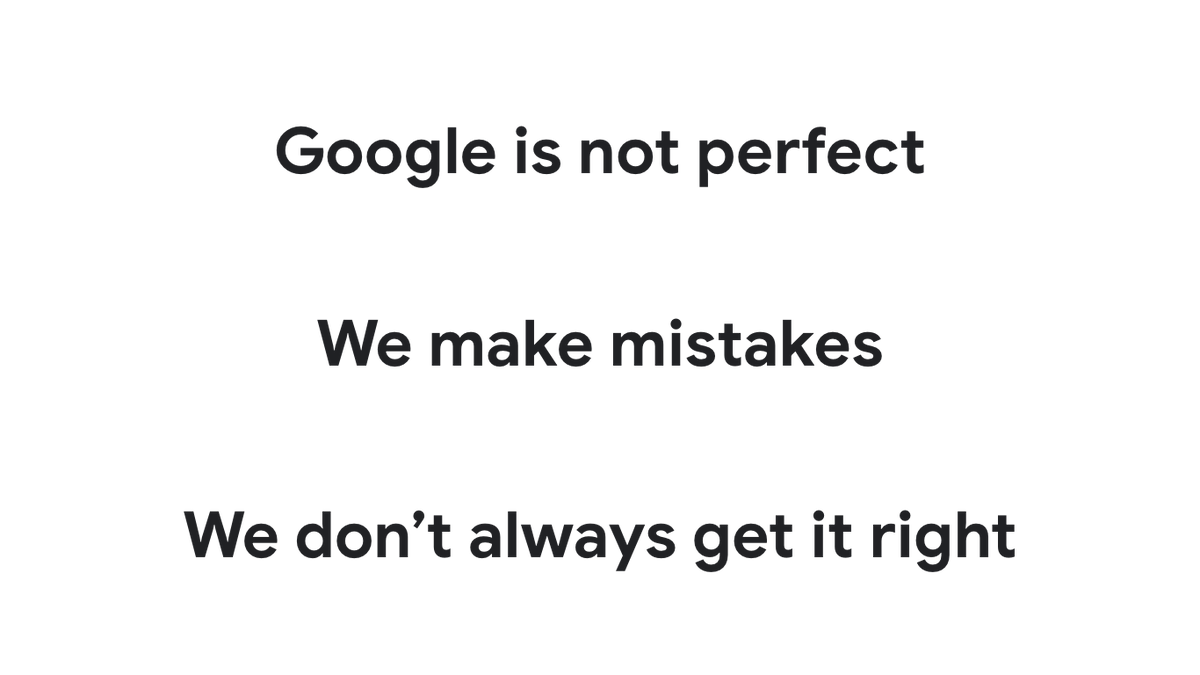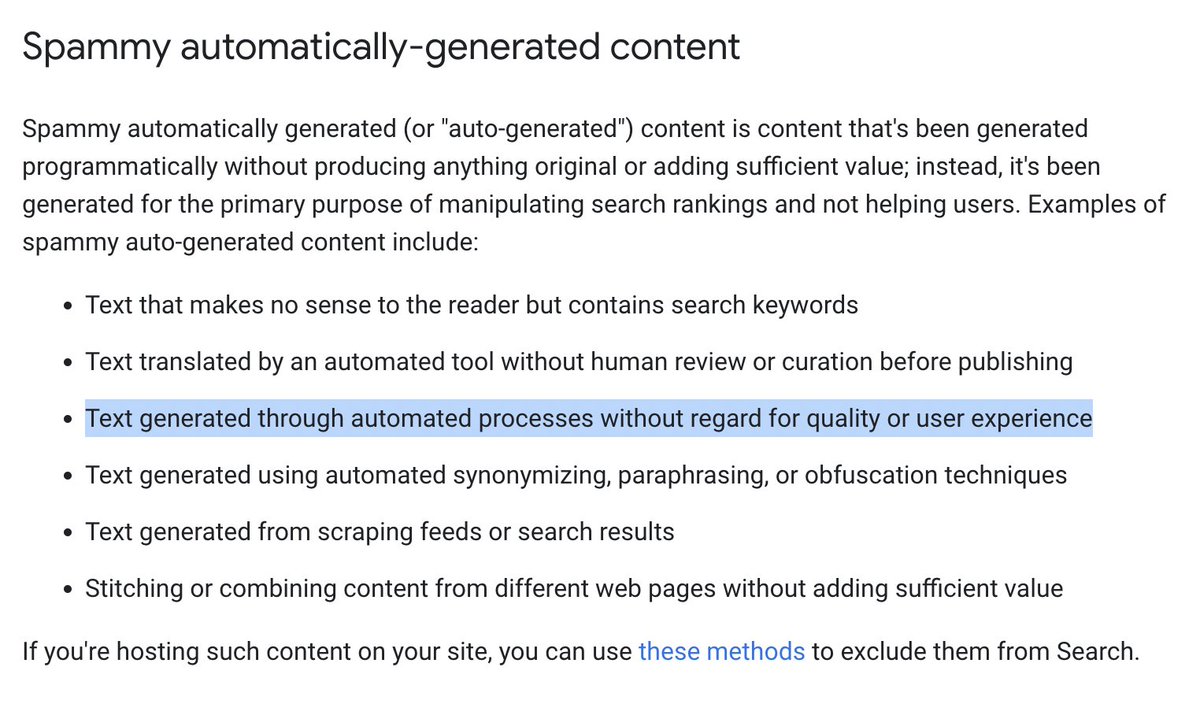It was noticed today hateful memes appear in image results for “jewish baby strollers.” We apologize. These don’t reflect our opinions. We try to show content matching all key terms searched for, as people normally want. But for “data voids” like this, it can be problematic...
For “baby strollers”, there’s lots of helpful content. For this, there’s not. That’s not surprising. It’s not likely a topic normally searched for, nor an actual product that’s marketed. There’s a “void” of good content to surface that matches what was asked for…
That’s the explanation of why these appear. It’s not meant as an excuse. We’ve done considerable work with improving data void situations & finding systematic improvements. We’ll look at this situation to see how we can further improve. Our apologies again for the concerns here.
Some have asked when these results will be removed. We only remove web-based results for extremely limited reasons: blog.google/products/searc…
In cases like this, where we don't have policy that covers removal, we work to see if there are ways to surface more helpful content....
In cases like this, where we don't have policy that covers removal, we work to see if there are ways to surface more helpful content....
Working to improve our results generally takes more time but helps ensure any improvements work overall, not just for one situation but many.
These images may also be removed if the sites hosting them remove them. If that happens, content drops out naturally over time.
These images may also be removed if the sites hosting them remove them. If that happens, content drops out naturally over time.
• • •
Missing some Tweet in this thread? You can try to
force a refresh













